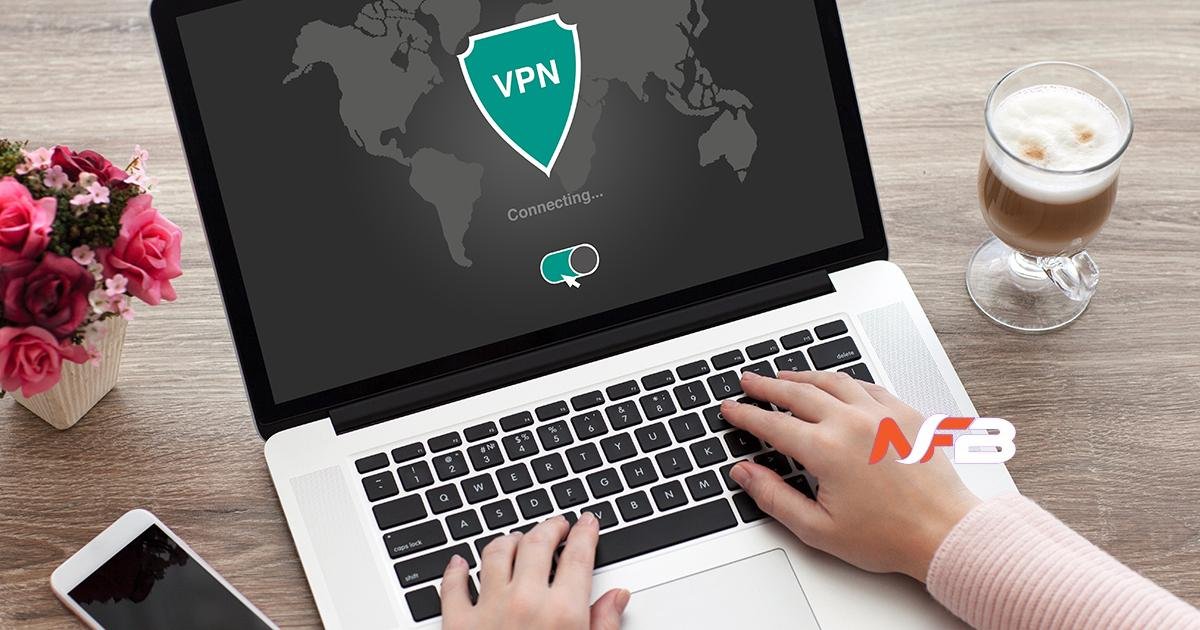Nowadays, search engines like Google have become our go-to sources for information on just about everything. However, what many internet users don’t realize is that the search results they see are often personalized and filtered based on factors like their location, browsing history, and online activity.
This can lead to a limited, biased perspective that fails to provide the most relevant and comprehensive information. Fortunately, using a Virtual Private Network can help you unlock better, more objective search results. Here’s how:
Bypass Location-Based Search Bias
One of the main ways a VPN improves your search results is by allowing you to bypass location-based content restrictions and biases. Search engines use your IP address to determine your geographic location and serve results tailored to that region. For example, searching for “best restaurants” will yield vastly different results if you’re in New York compared to if you’re in London.
By connecting to a VPN server in another location, you can “trick” search engines into thinking you’re based elsewhere. This allows you to see search results as they would appear to a local user in that area, providing a more authentic and relevant perspective. For marketers and SEO professionals, this capability is invaluable for conducting keyword research, analyzing competitors, and optimizing content for different regional audiences.
Read Also:- Password Manager
Minimize Personalization and Filter Bubbles
Another benefit of using a VPN for searches is that it helps minimize the personalization and “filter bubbles” that can skew your results. Search engines collect data about your browsing habits, search history, and click behavior to build a profile and serve results they think you’ll prefer. While this can sometimes be convenient, it often leads to an echo chamber effect where you only see information that confirms your existing beliefs and biases.
When you use a VPN, your searches are dissociated from your usual IP address and online identity. This makes it harder for search engines to personalize results based on your past behavior, allowing you to see a more diverse and objective range of information sources. By breaking out of your filter bubble, you can gain exposure to new perspectives and make more informed decisions.
Protect Your Privacy and Anonymity
In addition to providing more relevant search results, using a VPN is crucial for protecting your privacy and anonymity online. Every time you conduct a search, you leave behind a trail of digital footprints that can reveal sensitive details about your interests, habits, and personal life. This data is valuable to advertisers, marketers, and even malicious actors who may try to track you online.
A VPN encrypts your internet traffic and masks your IP address, making it much harder for third parties to snoop on your searches and collect data about you. You can click here to learn more about how VPN protects and hide your real identity. By keeping your browsing activity private and secure, you can search for information with greater peace of mind, without worrying about who might be watching over your virtual shoulder.
Read Also:- VPN for Chrome
Access Geo-Restricted Content
Finally, a VPN can help you access valuable information and resources that may be geo-restricted in your location. Many websites and online services use geo-blocking to limit access to their content based on the user’s geographic region. This could be due to licensing agreements, copyright restrictions, or censorship laws in certain countries.
With a VPN, you can connect to a server in a location where the content is available and bypass these geographic restrictions. This opens up a world of information that might otherwise be off-limits, allowing you to find the most relevant and comprehensive sources for your searches, regardless of where you’re physically located.











Leave a Reply